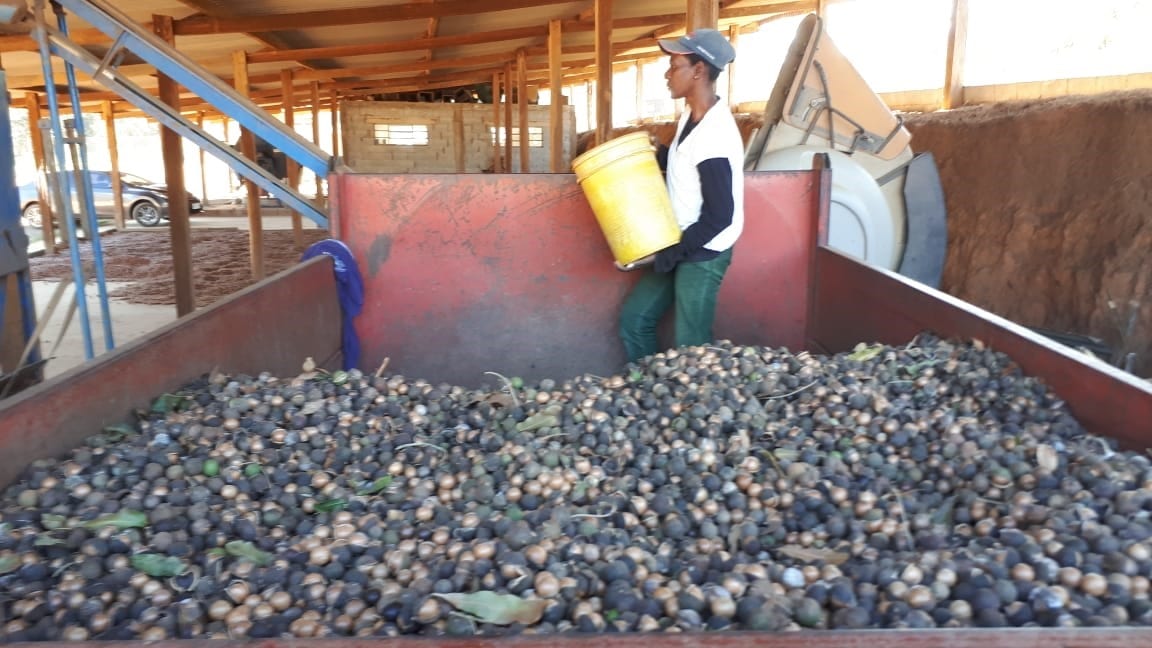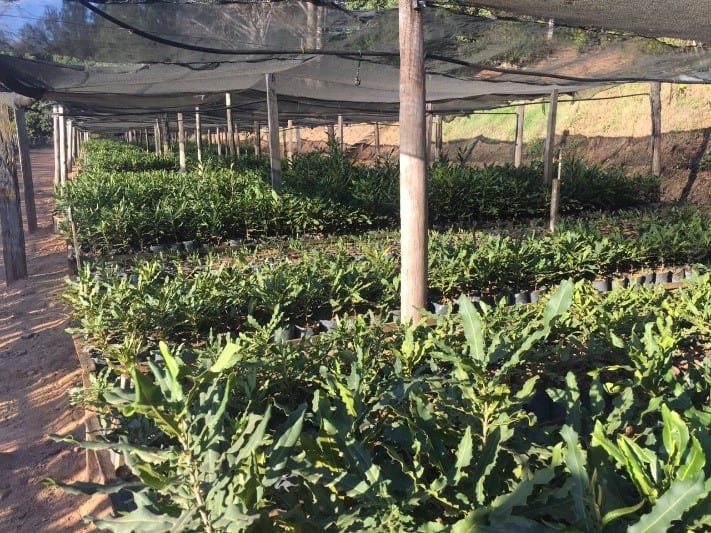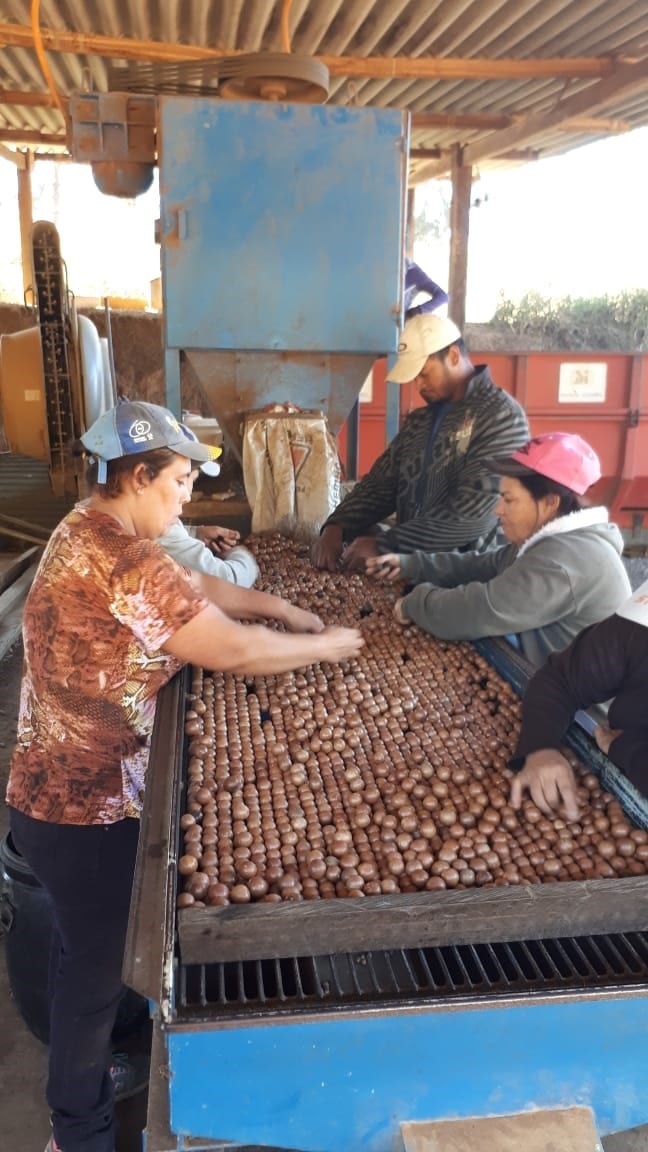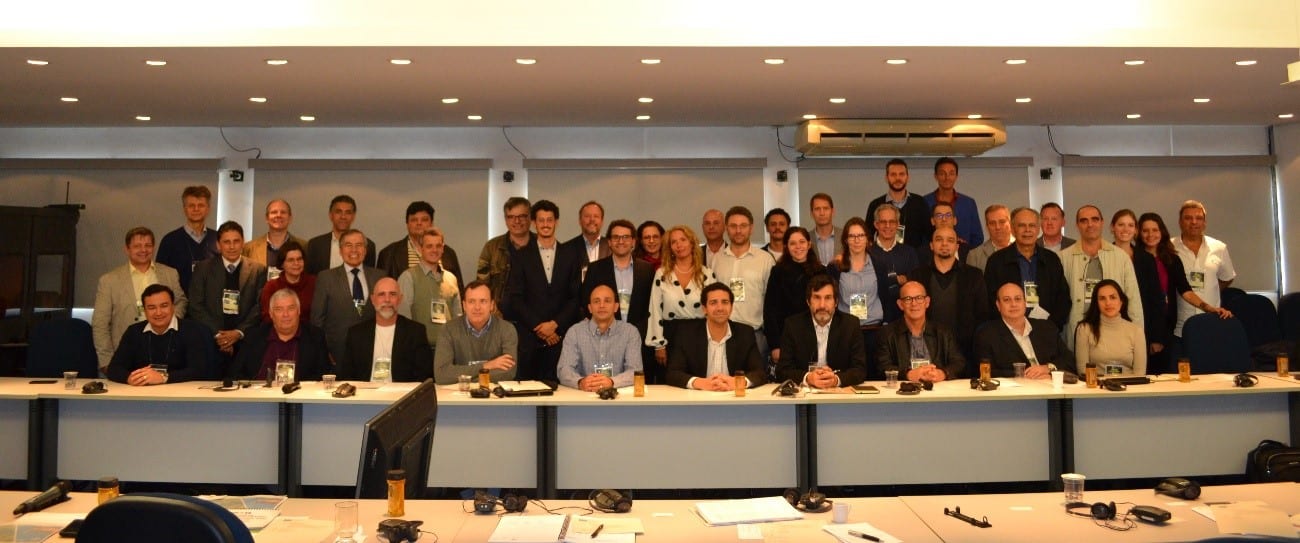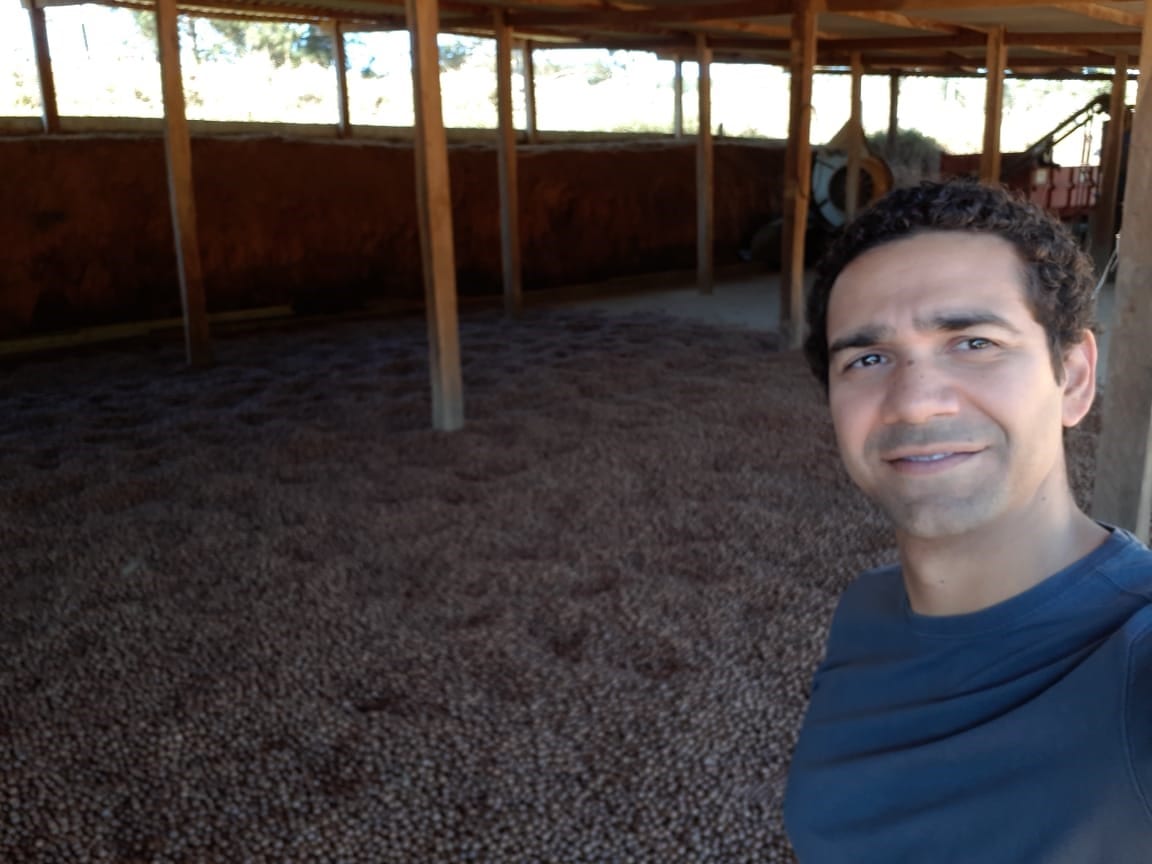
Impact Investing
Having worked in the financial market for more than 10 years, I decided to come to INSEAD not only expecting to broaden my knowledge and skills, but also looking for the next step to take in my career. Somehow, I had an idea that I should focus my search on meaningful and fulfilling jobs, where I could have a better sense of the real impact of my efforts. I found an opportunity during my internship to leverage on my background while experiencing the fast-growing impact investing industry - by joining the Meraki Fund team as a business developer to work closely to a social entrepreneur, who was running a regenerative agriculture business.
Meraki Fund is an impact-investing company based in the Netherlands, founded by two INSEAD alumni, with the mission of mitigating depletion of natural resources and consumer's footprint by providing capital, access to markets, and advice to growth-stage startups. In this sense, the fund was analysing a project, called Arroba Sustentabilidade, intended to reforest degraded areas in Brazil and its backbone was to explore opportunities in the macadamia nut value chain by globally expanding their eco-friendly macadamia nut production, and verticalising their presence from farming and nut processing to a healthy packaged food industry.
However, Meraki needed someone to assess the risk and opportunities of the target business. Given they were not planning to fully finance the deal, they were looking for someone who could structure the entrepreneur’s ideas and build a business plan to be used as a teaser to other impact investors. Therefore, my summer job was divided into three main stages.
Firstly, I stayed at Fazenda Retiro (Retiro Farm) for two weeks understanding the business details and visiting other regional Macadamia producers. Those farms were located in a region dominated by the sugarcane industry (more than 50% of its planted area was represented by this monoculture), resulting in soil degradation, biodiversity decline and socioeconomic unbalance, ultimately cornering more than 7,000 small farmers. Arroba Sustentabilidade’s proposal was based on bringing innovation to the field, developing initiatives with regenerative and sustainable agriculture by applying syntrophic agroforestry concepts, and sharing learnings with small farmers and government to strengthen an ecosystem of sustainable entrepreneurs.
The second stage was characterised by three weeks of internal activities, putting on the paper much of my learnings from the field and intertwining them with many of the strategic and marketing concepts I had got from INSEAD courses. In summary, during this phase, I managed to develop pitch documents (investment teaser, pitchbook and institutional video) and the venture’s business plan, covering impact assessment, industry analysis, operational, strategic and marketing plans.
Finally, the third part was about presenting the project to other impact investors, and this phase was amazing! I have got to know many relevant players in the impact investing industry and we pitched the company to seven impact venture capital firms in an investment roundtable promoted by the global NGO, WRI (World Resource Institute). Though we got many interesting feedbacks from investors and many conversations are still alive, my internship period came to an end before we could close a deal.
This was a great and fulfilling experience, which was fostered by the generous support provided by the INSEAD Social Impact Award.
I could not only have real involvement in the business, contribute to its future and to the many environmental and social impacts it will generate in the future, but also experience the day-to-day of a social entrepreneur.
I experienced all the social development and environmental preservation challenges and getting the rewards of it. On top of that, I could better grasp what impact investing is about, which inspired me to keep exploring in this industry and maybe have it as the next step of my career after INSEAD.

